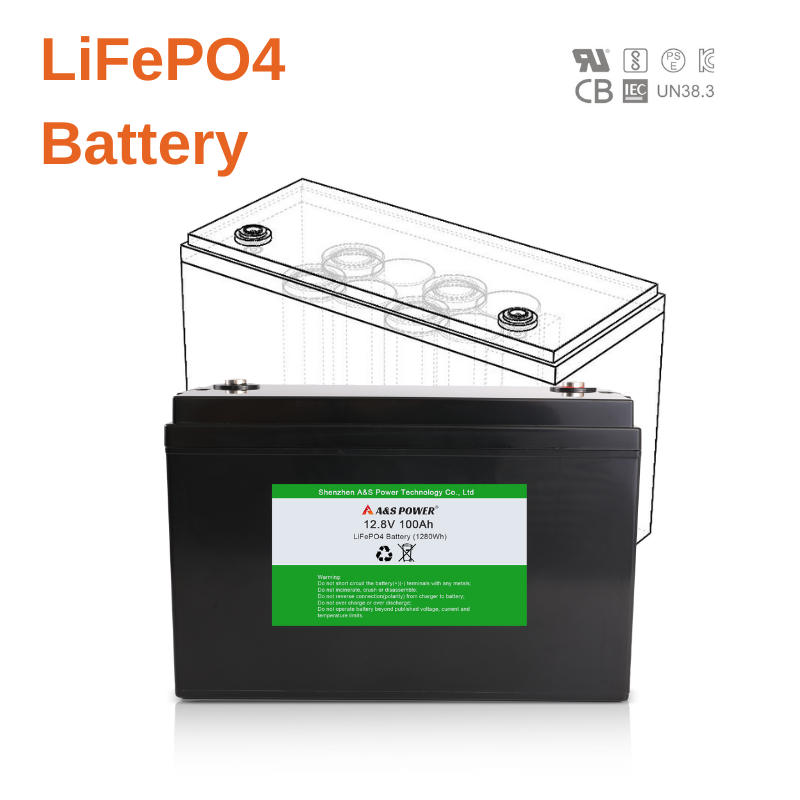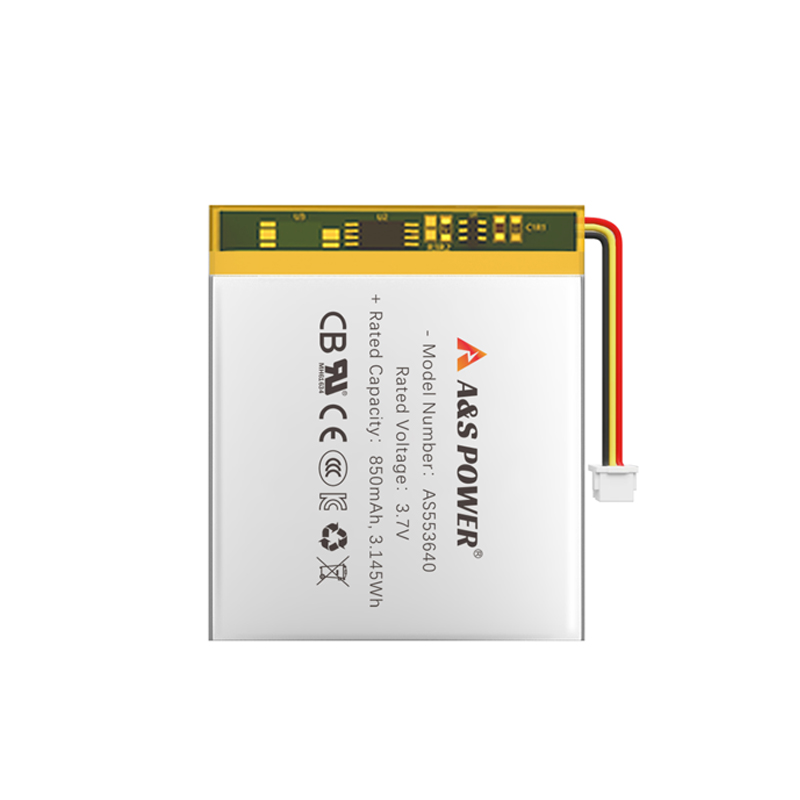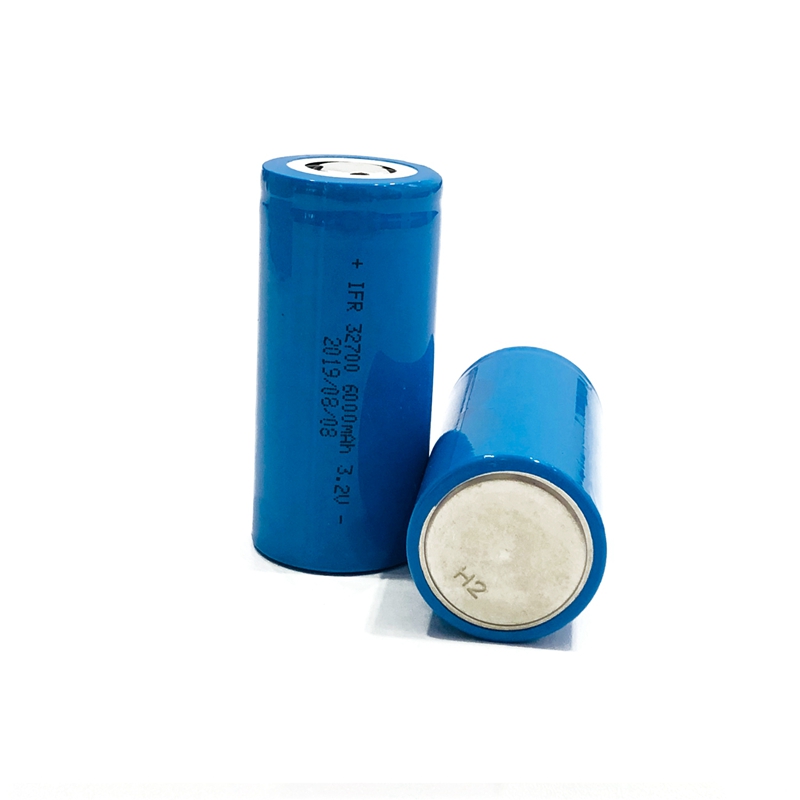What is Lithium Ion Battery OEM? How to OEM?
2024-12-06
What is Lithium Ion Battery OEM?
In an increasingly electrified world, lithium-ion batteries have become the cornerstone of modern technology. From smartphones and electric vehicles to renewable energy storage systems, these batteries power our daily lives. But have you ever wondered who makes these batteries, and how they end up in your devices? The answer often lies in the world of Original Equipment Manufacturer (OEM) services.
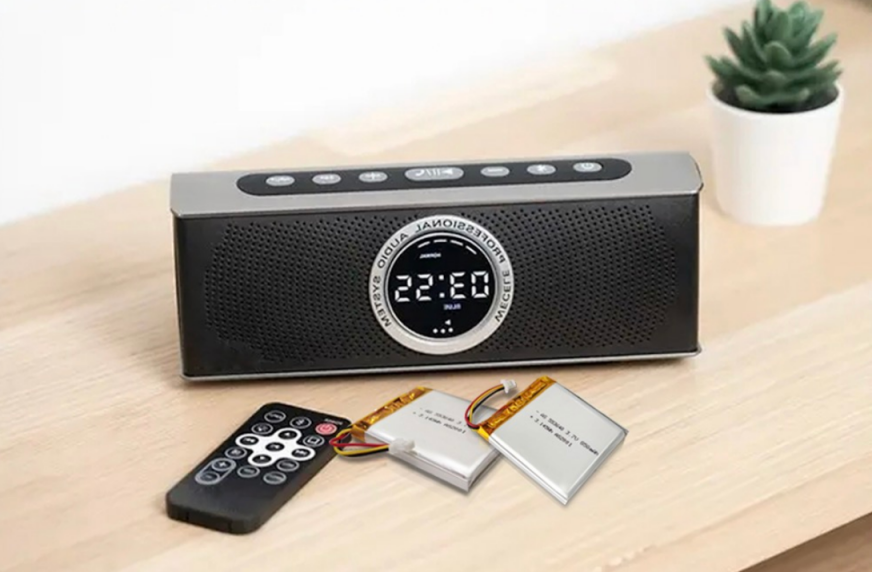
A Lithium Ion Battery OEM refers to a company that designs, manufactures, and sells lithium-ion batteries to other companies for integration into their products. This can include everything from consumer electronics to electric vehicles, medical devices, and beyond. In essence, an OEM provides specialized battery solutions tailored to meet the unique needs of different industries.
Shenzhen A&S Power Technology Co., Ltd., a leading OEM in China, exemplifies the rising trend of outsourced battery manufacturing. For over 15 years, A&S Power has been at the forefront of producing high-quality lithium-ion batteries, including Lithium Polymer (LiPo), Lithium Iron Phosphate (LiFePO4), and Li-ion Battery Packs. The company is trusted by industry giants like Philips, JVC, Skullcandy, Flex, and Mitel, solidifying its position as a top-tier supplier of customizable battery solutions.
The Market for Lithium-Ion Batteries: A Booming Industry
Rising Demand Across Multiple Sectors
The global demand for lithium-ion batteries is surging, driven by the increasing adoption of electric vehicles (EVs), renewable energy storage, and portable electronics. According to market research, the lithium-ion battery market is expected to grow at a CAGR of over 20% in the next five years. This rapid growth is fueled by the widespread shift towards sustainable energy solutions and the need for more efficient, long-lasting batteries.
In particular, the electric vehicle market is one of the most significant contributors to the expansion of the lithium-ion battery industry. As governments worldwide impose stricter environmental regulations and encourage the adoption of clean energy, EVs are becoming a common sight on the roads. The need for high-performance, reliable, and cost-effective lithium-ion batteries is more critical than ever.
Simultaneously, the consumer electronics industry continues to demand increasingly powerful and compact batteries. Devices such as smartphones, laptops, wearables, and drones require batteries with high energy density, fast charging capabilities, and long cycle lives. Lithium-ion batteries fit the bill perfectly, offering both performance and reliability.
Industry Needs: Customization and Reliability
As the demand for lithium-ion batteries grows, companies are increasingly seeking customized battery solutions to meet the specific requirements of their products. Standard off-the-shelf batteries often don't fit the unique needs of certain devices, which is where Lithium Ion Battery OEM suppliers come in. They offer bespoke solutions, allowing companies to design batteries that are tailored to their size, weight, energy density, and performance specifications.
For instance, Shenzhen A&S Power’s Lithium Polymer Batteries are known for their lightweight design and excellent discharge performance, making them ideal for devices that require compact, high-energy batteries. With an energy density of up to 700 Wh, these batteries are well-suited for applications ranging from consumer electronics to electric bikes.
Additionally, the market has an increasing demand for longer battery lifecycles. As products like electric vehicles and energy storage systems become more mainstream, consumers expect their batteries to last longer and perform reliably throughout their lifespan. Lithium-ion batteries are well-regarded for their high cycle life and low maintenance needs, making them the preferred choice for long-term use.
How to OEM Lithium-Ion Batteries: A Step-by-Step Guide
Step 1: Identifying Your Requirements
The first step in the Lithium Ion Battery OEM process is understanding the specific requirements of your project. Whether you're designing a new consumer product, a medical device, or an electric vehicle, you'll need to identify the key attributes your battery must have. This includes factors like:
1. Energy capacity (measured in mAh or Wh)
2. Voltage and current output
3. Size and weight constraints
4. Cycle life (how many charge-discharge cycles the battery can handle)
5. Discharge rate (how quickly the battery can release its energy)
For example, A&S Power’s 18650 Lithium-Ion Batteries are known for their high energy density and long cycle life. With a lifespan of up to 500 charge cycles and customizable sizes, they are an excellent choice for a variety of applications.
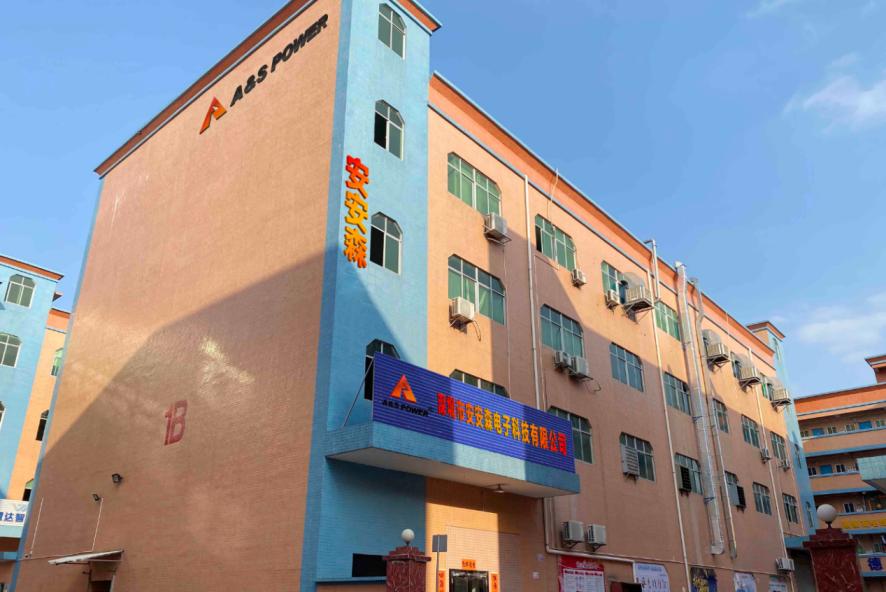
Step 2: Choosing an Experienced OEM Supplier
Once you’ve identified your battery requirements, the next step is to partner with a reliable OEM supplier. A reputable lithium-ion battery manufacturer will have experience in producing batteries for your specific application and will be able to offer valuable advice on design and performance.
Shenzhen A&S Power Technology Co., Ltd., for instance, has been in the business for over 15 years, specializing in high-quality lithium-ion batteries. The company has earned UL, CE, IEC62133, ROHS, and other key industry certifications, ensuring that its products meet the highest safety and performance standards.
Step 3: Customizing the Battery Design
Most Lithium Ion Battery OEM suppliers, like A&S Power, offer customization services to create batteries that fit your exact needs. This includes adjusting the size, capacity, and discharge rates to suit your product. In addition, you may need to consider the addition of a Battery Management System (BMS), which ensures safe operation by monitoring battery health, temperature, and voltage.
One of the key advantages of working with an OEM supplier is the ability to design batteries that fit seamlessly into your product. A&S Power’s Lithium Iron Phosphate (LiFePO4) Batteries, for example, offer modular designs, which can be adapted for a wide range of power applications, from solar energy systems to electric vehicles.
Step 4: Prototyping and Testing
After finalizing the design, the next step is to create a prototype. This is a crucial stage in the Lithium Ion Battery OEM process, as it allows you to test the battery’s performance, ensuring that it meets your standards. A good Lithium Ion Battery OEM supplier will provide comprehensive quality assurance and conduct tests for:
a. Cycle life
b. Charge and discharge efficiency
c. Safety standards (overcharge, over-discharge, short-circuit protection)
d. Temperature stability
For example, A&S Power offers Lithium Iron Phosphate (LiFePO4) batteries with a 2000 cycle life, ideal for applications requiring long-term reliability.
Step 5: Mass Production and Delivery
Once the prototype has been approved, the supplier will move to mass production. The supplier should offer transparent timelines, with clear delivery schedules, ensuring that your products arrive on time. A&S Power guarantees that its 18650 Lithium-Ion Batteries can be delivered within 30 days after order confirmation, with samples available in as little as 7 days.
Why Choose Shenzhen A&S Power Technology Co., Ltd. for Your Lithium-Ion Battery Needs?
Extensive Experience and Global Recognition
Shenzhen A&S Power Technology Co., Ltd. stands out as a reliable and experienced supplier of lithium-ion batteries. With more than 15 years in the industry, the company has built a reputation for producing high-quality batteries that meet international standards. Their products are recognized by top global brands such as Philips, Skullcandy, and Flex.

Customization and Flexibility
A&S Power excels at providing tailored battery solutions, offering a range of customization options to meet the diverse needs of their clients. Whether you need a battery for consumer electronics, electric vehicles, or medical devices, A&S Power can design a solution that fits perfectly.
Quality Assurance and Certifications
A&S Power is committed to maintaining the highest quality standards, with certifications such as UL, IEC62133, CB, and ROHS to ensure product safety and performance. Their batteries undergo rigorous testing and quality control to meet international standards.
Conclusion: Embrace the Future with OEM Lithium-Ion Batteries
As the demand for lithium-ion batteries continues to grow across industries, partnering with a reliable Lithium Ion Battery OEM supplier is crucial for success. By choosing a company like Shenzhen A&S Power Technology Co., Ltd., businesses can access high-quality, customized battery solutions that cater to their specific needs. With extensive industry experience, a commitment to quality, and flexible services, A&S Power is well-equipped to meet the battery demands of tomorrow’s technologies.
By understanding the market concerns and industrial needs, companies can leverage the power of lithium-ion batteries to stay ahead in the competitive landscape.


